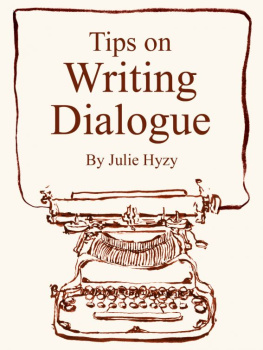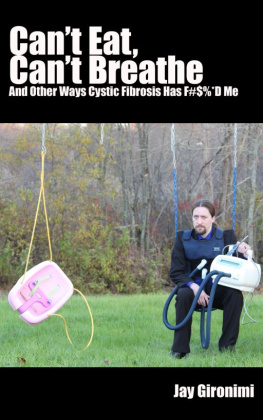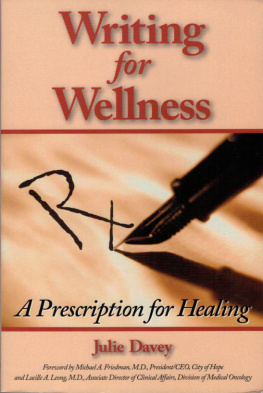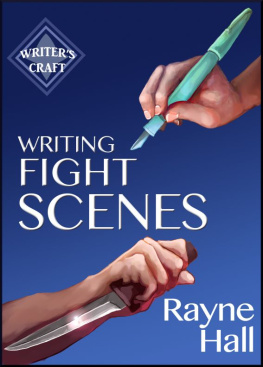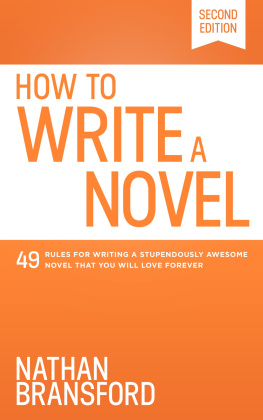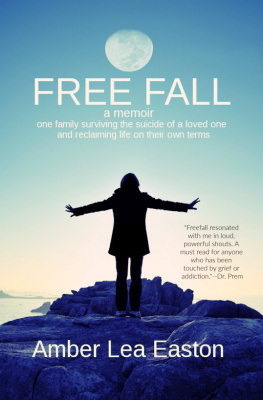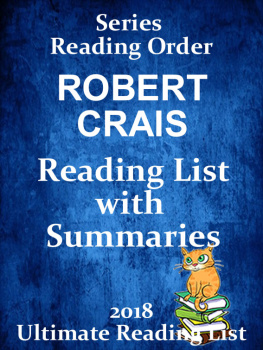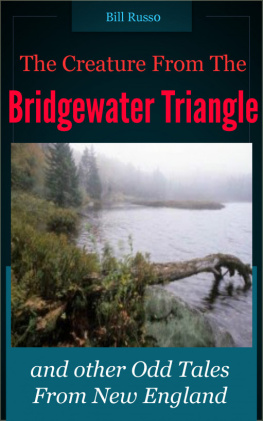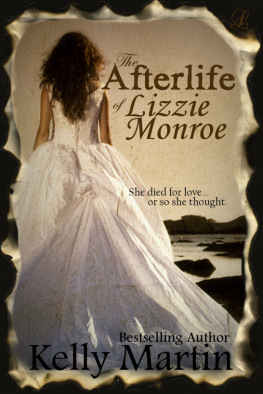WRITING DIALOGUE
Julie Hyzy
SMASHWORDS EDITION
Copyright 2011 Julie Hyzy
Smashwords Edition License Notes:
All rights reserved. No part of this book maybe reproduced, scanned, or distributed in any printed or electronicform or by any mechanical means without permission in writing fromthe author. This is a work of fiction. Names, characters, places,and incidents are the product of the authors imagination or areused fictitiously, and any resemblance to actual persons, living ordead, or to any businesses or locale, is purely coincidental.
Writing Dialogue
Have you ever picked up a self-help book atthe bookstore? Let me give you an example: How to lose 15 poundsin 2 hours. (No such title exists, which is why I chose it.) Seemsto me all self-help books start out the same waywith pages andpages of definitions. Instead of giving the reader actual tools tolose those fifteen pounds in an hour, the authors cover topics suchas emotional ties to food, the human digestive system, and basicnutrition.
Okay, but if I pick up a book because I wantto lose fifteen pounds in an hour, I dont want a hundred pagestelling me what a healthy weight iswhat the global history of foodconsumption isor why this book was written. That hour would fly byand Id be no better off than I was when I first picked up thebook. I want to know how to lose those fifteen pounds and I want toknow now. Whats the only remedy? To flip past all the filler in aneffort to discover the answer.
In coming up with this article on dialogue. Ireasoned that if youve decided to pick this up, youre a writerand you already know what dialogue is. So, no history lesson here,no filler. Were going to get right into writing it. The onlywarning Ill give you is that this article is a mere beginning.While I try to touch on some of the major points of writing gooddialogue, there are dozens, if not hundreds, of books and articlesthat cover the topic in greater depth.
A friend of minea prolific and successfulauthor with over sixty books to his nameadvises writers toassimilate as much information on craft as possible, then let themagic come out our fingers. I like that. There are loads ofresources out there and not everything works for every writer.Trust the process. If we take in as much as we can and believe thatwe will find our place, the magic will work. Thats what I adviseyou today. What I offer here may be new to you or it may be mererepetition. Take it in, allow the ideas to simmer in yoursubconscious and thenlet the magic come out yourfingers.
There are a couple of basics Im sure youalready knowbut I just want to mention them briefly here:
1) Theres no excuse for not knowing therules. Rules cant be effectively broken until theyre completelyunderstood.
2) To help explain some of the rules ofdialogue, Ive included a humorous conversation at the end ofthis article. I hope you enjoy what Jane and Bob have to share.
3) Also: Theres also no excuse for poorgrammar or haphazard punctuation. If you need a refresher course,take one. If you dont have a copy of the Chicago Manual ofStyle (or similar) buy one.
Have I ever made mistakes? Oh yeah, lots oftimes. But the idea is to know the rules and to apply them each andevery time you sit down to write.
With that in mind, the topic I want to startwith is
Potatoes.
Bear with me.
Ive come up with a term for boring dialogue.I call it Pass the Potatoes. This is dialogue as filler. Itserves no purpose to the story whatsoever. Nothing in theconversation moves the story alongnothing increasestensionnothing establishes conflict.
Pass the Potatoes dialogue just sitsthere like a lump. It does nothing. Let me give you an example:
First, let me explain that all the examplesin this article are based on samples Ive actually read, but Ivechanged the specifics of each example to protect the innocent (andthe guilty).
This is an example of actual dialogue someoneonce submitted to me for critique:
Dinner sure looks good.
Thanks. I worked all afternoon on it.
Would you pass the potatoes, please?
Sure. Did you need butter for those?
No, but some gravy would be nice.
That day I coined the term Pass thePotatoes.
Just because that was the conversationsactual subject matter doesnt mean we can relax when craftingdialogue. This sort of inane, boring, true-to-life stuff can bebased on any subject at all. I understand that were all trying tomake dialogue sound like real conversation, we need to be aware ofthis trap. While that potato example was pretty extreme, Ive oftenread new writers works that include something like:
Angela picked up the phone. Hello?
Angela, this is Maria. How are you?
Im doing well, how about you?
Not bad. Hey, I was wondering if you wouldhave time later to stop by. I think we need to talk.
What about?
Ill tell you then.
If the story requires Maria to contact Angelafor an all important discussion., thats fine. That isnt theissue. What is the problem is the actual dialogue. Itsboring.
Now, Im sure youve heard the mandate: SHOWDONT TELL so often that you recite it in your sleep. But there aretimes when telling is actually preferred.
This is one example where rules can, andshould, be broken. We dont need to see (a/k/a SHOW) thisinterchange. In fact, unless Maria injects a little conflict intothe conversation, this entire scene could be summed up with a quicksentence (a/k/a TELL):
Knowing they needed to settle the issue,Maria arranged to meet Angela later.
Quicker pace. Same information. Granted, nota fabulous example, but you get the point.
Real dialogue is sprinkled with umms, youknows, and uhhs, among other fillers, but we dont need toinclude these crutch words to make conversations sound real.While its important to maintain the flavor of a personsparticular speech patterns, our goal should be to distillconversation to its most important points.
Speaking of breaking rules, let me mention afabulously successful example of breaking the Pass the Potatoesrule: If any of you own the movie While You Were Sleeping,watch that scene at the dinner table with Jacks family and Lucy.They discuss potatoes, Cesar Romero, and Dustin Hoffman, none ofwhich has anything to do with the plot. But this particular scenedoes a lot to establish personalities and support the tone of themovie. Its a masterful use of inane dialogue to give the storycharacter. When the line, These potatoes are so creamy, gets alaugh, you know the write has talent.
Lets talk about speech tags.
If were discussing dialogue, we must discussspeech tags.
Im sure youve all heard the advice to keepto said, whenever possible. Thats good advice. While thetemptation is there to have characters exclaim, grumble,snarl, or my favorite ejaculate, the best advice I can give youis this: Dont. Try to keep to said, asked, answered, orreplied as often as possible. Whispered or continued can alsobe effective, when used sparingly.
If you must use a said-ism, such asscreamed, or parroted, try to keep the number of usages down.Like exclamation points (another topic for another day), the moreyou use, the less effective they are. I prefer to keep my said-ismsdown to one per chapter, maximum. (For what its worth, I try tokeep my exclamation points to one or two per book!)
Heres why we avoid said-isms: The readerseye glosses over said and keeps him or her from being thrown outof the story. And isnt that the goal?
Some of the most effective speech tags,however, dont make use of said or any said-isms at all. Theseare movement tags and they are your friend.
Rather than:
Where are you going? Mom asked.
To school, Katy said.
Dressed like that?

